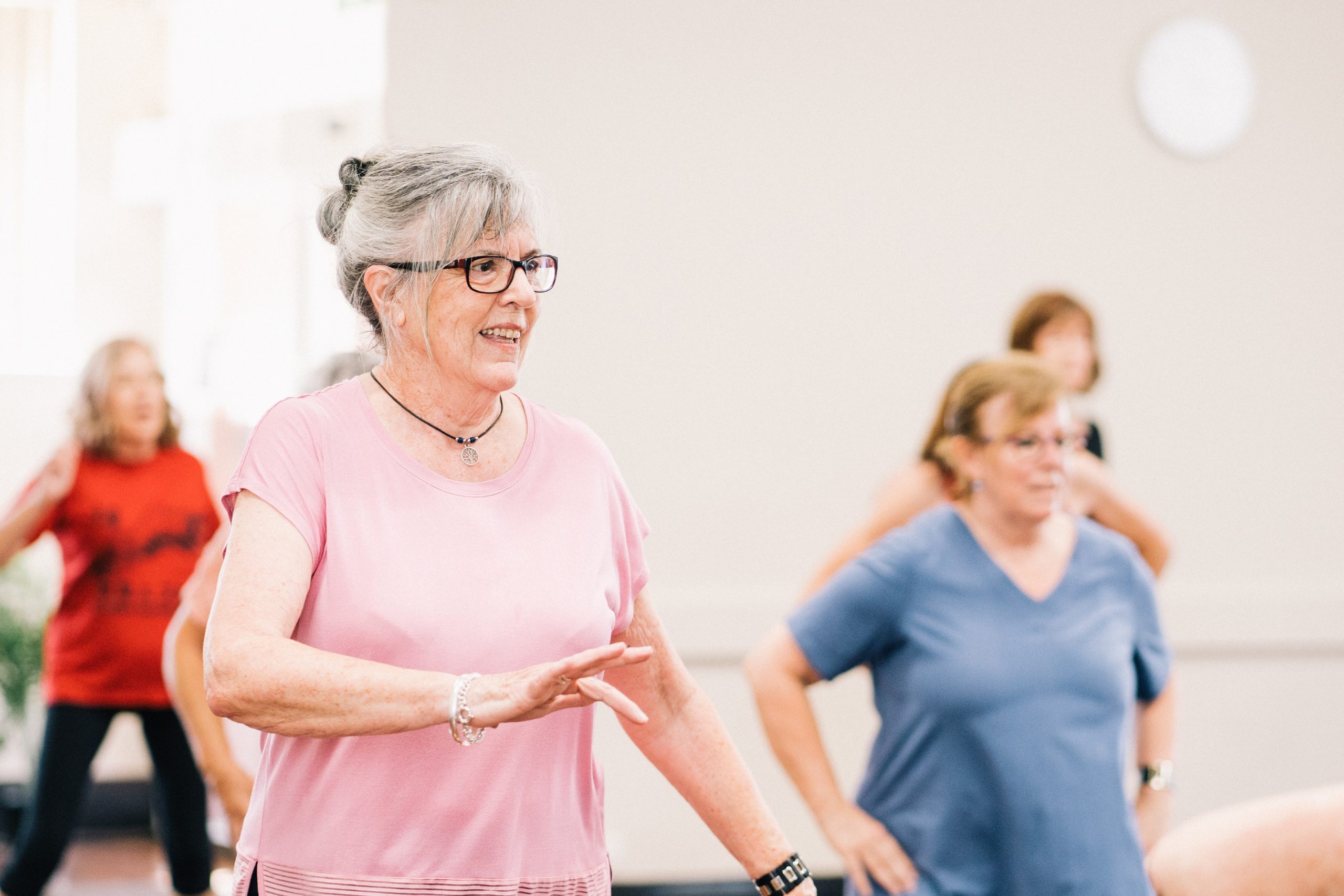Voice Assistants: The Future of Senior Care

The image is not directly related to the article. It merely symbolizes the life of elderly people.
Voice Assistants: The Future of Senior Care
What are voice assistants?
How can voice assistants help seniors?
Voice assistants can help seniors in many ways, such as setting reminders for medication or appointments, making phone calls, sending messages, playing music, and providing news updates. They can also control smart home devices, such as thermostats and lights, which can improve accessibility and safety for seniors.
Are voice assistants easy for seniors to use?
Yes, voice assistants are designed to be user-friendly and intuitive. Seniors can simply speak their requests and receive a response, without the need for complex technology skills. Many voice assistants also allow for personalized settings and preferences, which can make them even easier to use.
Can voice assistants replace human caregivers?
No, voice assistants cannot replace human caregivers. While they can provide helpful support and assistance, they cannot provide the same level of emotional care and companionship that a human caregiver can offer. However, they can complement and enhance the care provided by human caregivers.
What are the limitations of voice assistants in senior care?
Voice assistants have some limitations, such as the need for a stable internet connection and the potential for misunderstandings or errors in understanding voice commands. They also cannot provide physical assistance or emergency response in the event of a fall or other medical emergency. However, these limitations can be mitigated through other forms of technology and human support.
What is the future of voice assistants in senior care?
The future of voice assistants in senior care is promising. As technology continues to advance, voice assistants will become even more sophisticated and capable of providing personalized and comprehensive care. They will also be integrated with other forms of technology, such as wearables and smart home devices, to provide a seamless and holistic care experience for seniors.
In conclusion, voice assistants have the potential to revolutionize senior care by providing personalized and accessible support for a variety of tasks and activities. While they cannot replace human caregivers, they can enhance and complement the care provided by them. As technology continues to advance, voice assistants will become even more valuable in supporting the well-being and independence of seniors.
The image is not directly related to the article. It merely symbolizes the life of elderly people. Voice Assistants: The Future of Senior Care What are voice assistants? Voice assistants are virtual assistants that can be used through voice commands. They use natural language processing to understand the user’s request and respond with audio or…
Recent Posts
- Empowering Caregivers: The Best Online and Offline Resources to Enhance Your Skills
- Traveling with a Purpose: The Rise of Volunteer Vacations
- Breaking Stigma: Dispelling Myths about Mobility Aids and Disability
- Avoiding Probate: How Trusts Can Simplify the Estate Settlement Process
- Senior Citizens Beware: Common Financial Scams and How to Stay Protected

